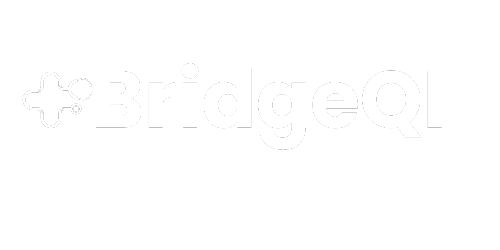
Download the Whole System Quality White Paper by IHI
Definitions and Key Principles
Building on the definition of learning organizations from Senge, the view of a leader’s role in promoting quality from Deming, and the notion of a quality-centric organization from Juran, IHI proposes a holistic approach to integrate learning into health systems: whole system quality.
- Whole system quality (WSQ) is the organization-wide pursuit of quality through management practices that facilitate knowledge exchange and leadership principles that foster a culture of learning.
- Organizations that practice whole system quality look deeply within and beyond themselves to learn how to continually, reliably, and sustainably meet the evolving needs of patients, populations, and communities.
- Whole system quality comprises integrated quality planning, quality control, and quality improvement activities that inform an organization-wide, interlinked, and customer-centric strategic approach to quality.
Whole System Quality Management Practices
WSQ management practices include the roles, responsibilities, and activities across the health care organization, from patients and families to the board of directors. These practices are divided into the three domains of the Juran Trilogy: quality planning, quality control, and quality improvement.
- Quality planning (QP) is a process an organization undertakes to identify customer needs, define quality goals, and design and deploy a strategy to reliably meet prioritized needs.
- Quality control (QC) entails establishing performance standards, developing continuous information relay systems to track performance, identifying gaps between actual and desired performance, and applying standard work to close the gap.
- Quality improvement (QI) involves a structured approach to system redesign to achieve new levels of performance through the science of improvement.


